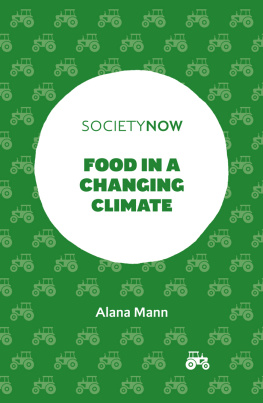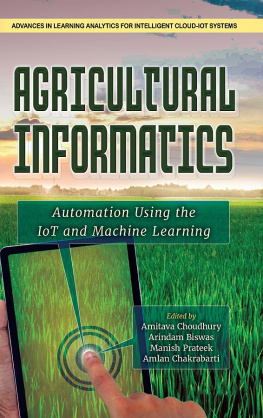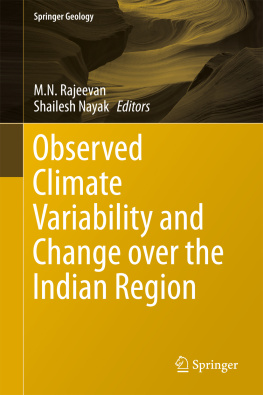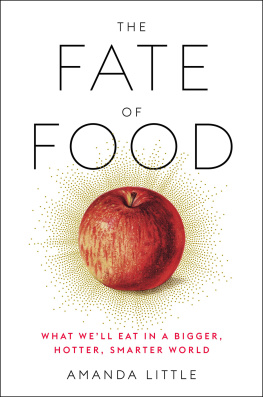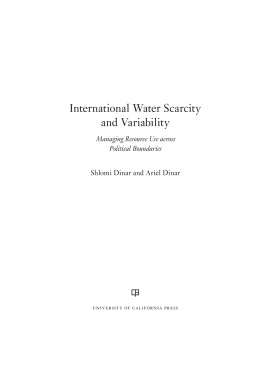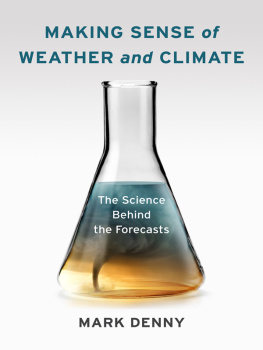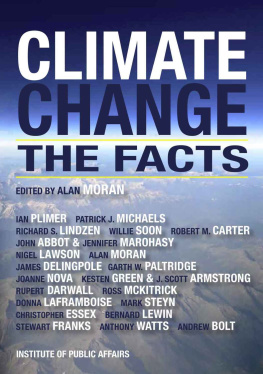First published 2003 by Ashgate Publishing
Reissued 2018 by Routledge
2 Park Square, Milton Park, Abingdon, Oxon OX14 4RN
711 Third Avenue, New York, NY 10017, USA
Routledge is an imprint of the Taylor & Francis Group, an informa business
Copyright Karen OBrien and Coleen Vogel 2003
All rights reserved. No part of this book may be reprinted or reproduced or utilised in any form or by any electronic, mechanical, or other means, now known or hereafter invented, including photocopying and recording, or in any information storage or retrieval system, without permission in writing from the publishers.
Notice:
Product or corporate names may be trademarks or registered trademarks, and are used only for identification and explanation without intent to infringe.
Publishers Note
The publisher has gone to great lengths to ensure the quality of this reprint but points out that some imperfections in the original copies may be apparent.
Disclaimer
The publisher has made every effort to trace copyright holders and welcomes correspondence from those they have been unable to contact.
A Library of Congress record exists under LC control number: 2002110616
ISBN 13: 978-1-138-70756-6 (hbk)
ISBN 13: 978-1-315-19994-8 (ebk)
Channing Arndt is an Assistant Professor in the Department of Agricultural Economics at Purdue University and a Faculty Associate with the Center for Global Trade Analysis.
Melanie Bacou is an Analyst and Web Specialist with the Center for Global Trade Analysis at Purdue University.
Anna Bartman is a specialist scientist at the South African Weather Service, Pretoria, involved in seasonal forecasting research.
Roger Blench is a Research Fellow of the Rural Policy and Environment Group at the Overseas Development Institute in London. He has published extensively on issues relating policy to the natural environment.
Louise Bohn is a Senior Research Associate at the Climatic Research Unit, University of East Anglia, United Kingdom.
Antonio Cruz is a Ph.D. candidate in the Department of Agricultural Economics at Purdue University. He is on leave from his duties in the Ministry of Planning and Finance, Mozambique.
Hamisi Dihenga is a Senior Lecturer in the Department of Agricultural Engineering and Land Planning at Sokoine University of Agriculture in Morogoro, Tanzania.
Maxx Dilley is a Research Scientist in disaster and risk management at the Columbia University International Research Institute for Climate Prediction.
Mike Harrison was a manager of the first SARCOF series and has subsequently extended the work of delivering seasonal forecasts to end users through management of the international WMO CLIPS Project. He is now at the UK Met Office and is engaged in further research into the interaction between climate, the environment, and society.
Jerry Hudson is a Ph.D. candidate in the Sociology Department at Colorado State University in the United States.
Nganga Kihupi is a Senior Lecturer in the Department of Agricultural Engineering and Land Planning at Sokoine University of Agriculture in Morogoro, Tanzania.
Margaret Kingamkono is a Research Officer in the Ministry of Agriculture and Food at Selian Agricultural Research Institute, Tanzania.
The late Robert Kingamkono was an Assistant Lecturer in the Department of Physical Sciences at Sokoine University of Agriculture in Morogoro, Tanzania.
Emsie Klopper is a specialist scientist at the South African Weather Service, Pretoria, involved in seasonal forecasting research. She has recently completed her Ph.D. on the use of seasonal forecasts in commercial farming sector.
Jolamu Nkhokwe is a scientist in the Malawi Meteorological Department, with expertise in climate forecast production and their applications.
Karen OBrien is a senior research fellow at CICERO (Center for Climate and Environment Research - Oslo) in Norway. Her research focuses on climate impacts and vulnerability to global change.
Jennifer Phillips is an assistant professor at the Bard Center for Environmental Policy at Bard College in Annandale, New York, and an adjunct researcher at the International Research Institute for Climate Prediction. Her primary research interest is in improving the communication of climate information in farming systems.
Winifrida Rwamugira is a Senior Lecturer in the Department of Crop Science and Production at the Sokoine University of Agriculture in Morogoro, Tanzania.
Anne Thomson is a senior economist at Oxford Policy Management, working in the Rural Development and Natural Resource Area
Coleen Vogel is an associate professor of geography at the University of the Witwatersrand, South Africa. Her research focuses on the human dimensions of global environmental change, with a particular emphasis on droughts and vulnerability to change in the southern African region.
Neil Ward is Head of Forecast Development at the International Research Institute for Climate Prediction, Lamont-Doherty Earth Observatory of Columbia University, New York, U.S.A.
MIKE HARRISON
Recently a new scientific tool has emerged that promises to further reduce the risks to agriculture and food security across southern Africa: seasonal climate prediction. The idea is to supply advanced knowledge of weather through the growing season, and provide it in time to enable farmers to make decisions on optimum strategies to maximize each seasons harvest. This idea has become reality through advances in observations of the atmosphere and, particularly, of the oceans, through improved insights into the workings of the atmosphere-ocean system, and through the development of new models, some simple, some requiring the largest of computers, to link the observations and insights and to provide the predictions. The new technology faced its first major scrutiny during the El Nio event of 1997/98 after having been presented directly to the user community through the sequence of Southern African Regional Climate Outlook Forums (SARCOF) that began in September 1997. Although seasonal predictions promise a substantial beneficial return on costs involved, their implementation also presents a challenge to both the scientific and user communities.
The challenges range from scientific/technological to institutional and social. Scientifically, seasonal predictions face the challenge of chaos. Chaos is a physical reality that limits the amount of predictability available in many environmental systems, not least seasonal climate forecasting. While much of southern Africa tends to experience reduced rainfall, perhaps even drought, when El Nio events occur, a prediction that an El Nio will occur is not sufficient to guarantee that the region will become contemporaneously drought stricken; the 1997/98 experience was a clear case in point. Unfortunately not all proponents of this nascent science provided their forecasts during 1997 with due levels of caution, and the credibility of the discipline was dealt a partial blow.


